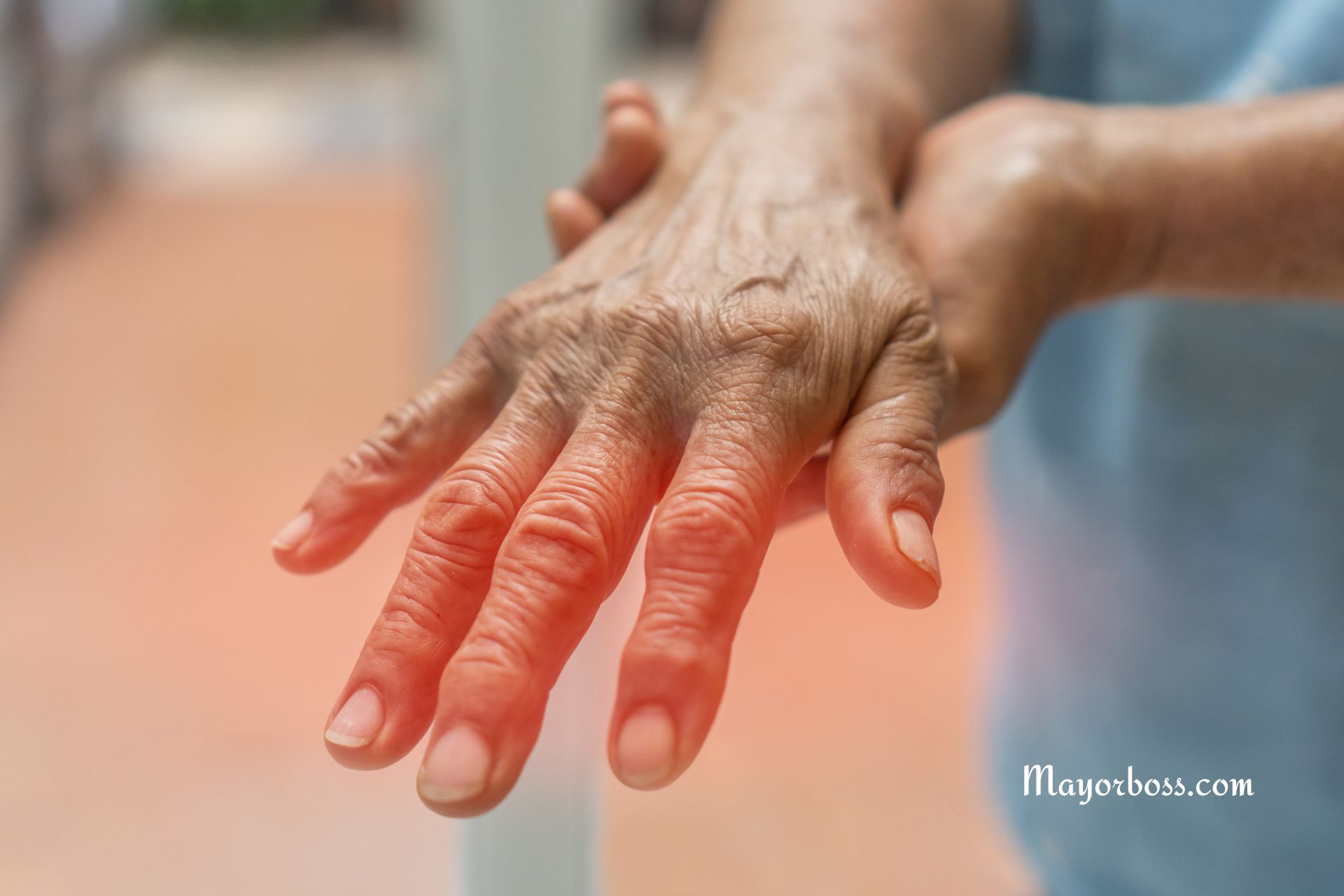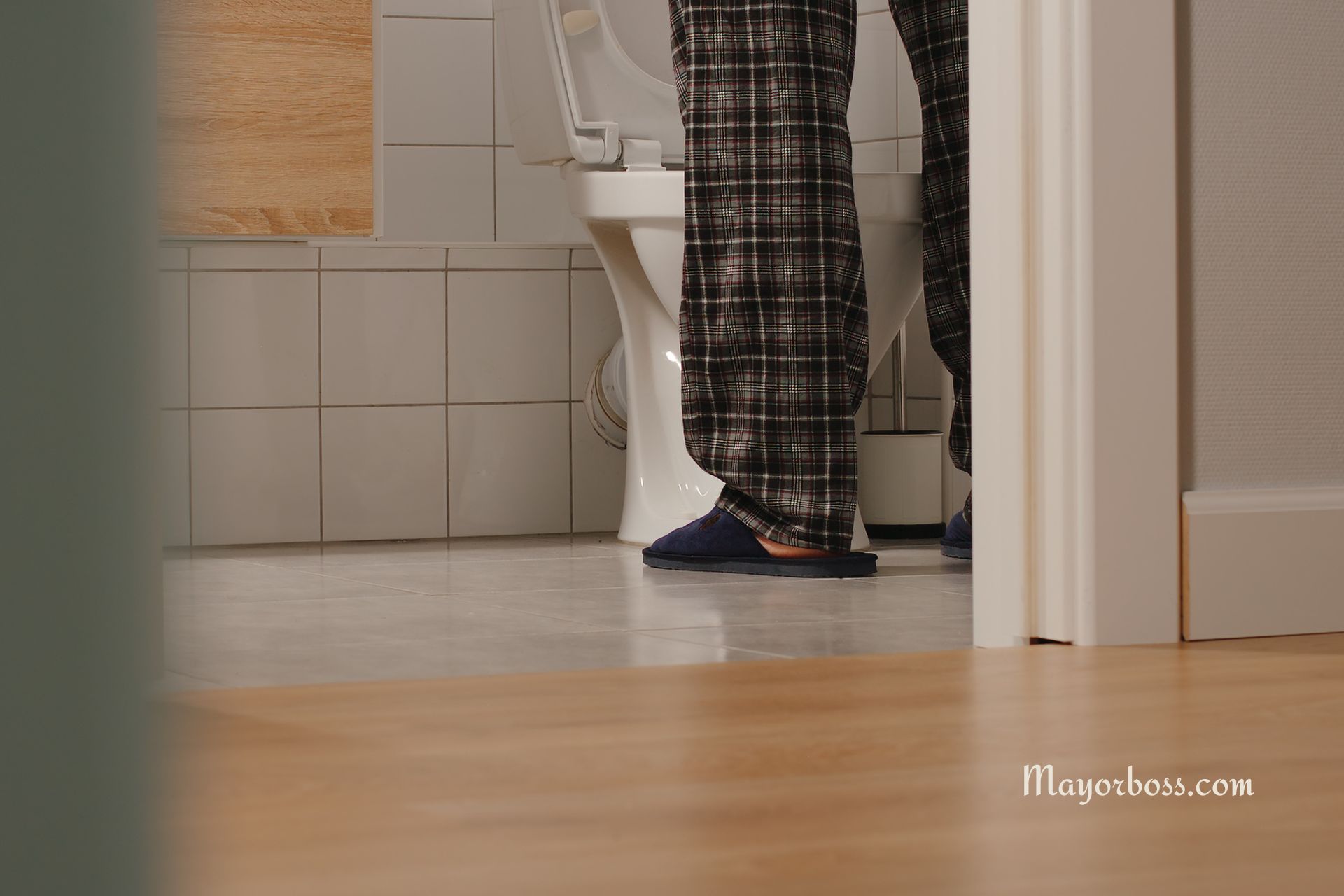Alcoholic Neuropathy: Don’t Ignore These Red Flags
One health problem that often flies under the radar is alcoholic neuropathy. This condition affects the nerves in your body, causing a range of troubling symptoms that can seriously damage your quality of life. In this article, I will explain what alcoholic neuropathy is, what warning signs to look for, why it happens, and how you can take steps to prevent or manage it. It is important to pay attention because early action can prevent long-term problems that may be very hard to reverse.

Understanding the Basics of Alcoholic Neuropathy
Our bodies are made of many different systems working together. One of these systems is the nervous system, which includes the brain, spinal cord, and the network of nerves that spread throughout the body. The nerves carry messages between the brain and all other parts of the body. They help us sense touch, feel pain, move our muscles, and control many automatic functions, such as digestion.
In the case of alcoholic neuropathy, the nerves become damaged by long-term, heavy alcohol use. Over time, alcohol’s toxic effects and poor nutrition (often seen in those who drink heavily) break down the protective layers around nerves and disturb their proper functioning. Without healthy nerve signals, a person might experience numbness, pain, and weakness. These symptoms can appear in the feet, legs, hands, or arms. Sometimes, even the body’s internal functions, like digestion, may be affected.
Why Does Alcohol Damage Nerves?
We must understand that alcohol itself is a toxin, and too much of it is harmful to almost every organ in the body. When a person drinks large amounts over a long period, several harmful things happen inside the body:
- Direct Toxicity: Alcohol and its byproducts can poison nerve tissue. When nerves are exposed to these toxic substances for too long, they begin to malfunction, sending incorrect signals or no signals at all.
- Nutritional Gaps: Many heavy drinkers do not eat balanced meals. As a result, their bodies may lack important vitamins and minerals, especially B vitamins, such as thiamine, folate, and B12. Without these vitamins, nerves cannot maintain the insulation and proper chemistry they need to carry electrical signals.
- Inflammation and Oxidative Stress: Alcohol causes inflammation, which can irritate nerve tissue. It also leads to oxidative stress, a condition where harmful molecules called free radicals damage cells, including nerve cells.
- Reduced Absorption of Nutrients: Even if a heavy drinker tries to eat well, long-term alcohol use can prevent the body from absorbing key nutrients. This shortage weakens nerve fibers and makes them more likely to break down.
Over time, all these factors contribute to nerve damage, which can become permanent if not addressed early.
Common Signs and Symptoms to Watch For
In alcoholic neuropathy, these red flags can develop slowly and may be easy to overlook at first. That is why it is so important to pay attention to any unusual changes in how you feel. The warning signs include:
1. Tingling and Numbness
Many people first notice a strange tingling, like pins and needles, in their toes or fingers. This may later give way to numbness. Such feelings often start at the outer edges of the body, such as the toes, and move upward. If you ignore this symptom, it could spread and worsen, making it harder to feel heat, cold, or pain. This can be dangerous, as you may not notice injuries right away.
2. Muscle Weakness and Loss of Coordination
When nerves feeding your muscles are damaged, your muscles may not get the proper signals. This can lead to weakness and trouble with balance and coordination. You might find yourself stumbling, dropping things, or having difficulty holding objects. Sometimes, tasks that were once easy, like climbing stairs, become a challenge.
3. Sharp or Burning Pain
Nerve damage can sometimes result in shooting or burning pains that come on without any clear cause. This pain can make it tough to sleep and can limit your everyday activities. The discomfort might appear at rest or even from something as light as a bedsheet touching your skin.
4. Sensitivity to Touch
As nerves become more irritated, even gentle contact might feel painful or uncomfortable. Ordinary sensations, such as the touch of a shirt on your arm, can feel oddly intense or even painful. This strange overreaction to normal touch is a strong warning sign that your nerves are not well.
5. Changes in Skin, Hair, and Nails
Because nerves help control blood flow, damage to them can change the health of your skin. Your skin might become dry or shiny in affected areas. Hair might thin out, and nails could become brittle or grow slowly. These subtle changes can be early indicators of nerve trouble.
6. Digestive and Urinary Problems
The autonomic nerves control involuntary functions like digestion and urination. If these nerves are damaged, you might notice bloating, constipation, or diarrhea. Some people find it harder to control their bladder, leading to frequent urges to urinate or difficulty emptying their bladder completely.
How Doctors Diagnose Alcoholic Neuropathy
If you suspect you might have alcoholic neuropathy, it is important to see a doctor right away. Your doctor might start by asking about your drinking habits, your diet, and your symptoms. They will often perform a physical exam to check your reflexes, muscle strength, and how well you feel various types of sensations, like light touch, temperature, or vibration.
Additional tests might include:
- Blood Tests: These can show nutritional problems and detect liver damage or other health issues related to alcohol.
- Nerve Conduction Studies: These tests measure how fast nerves transmit signals. Slow conduction speed may indicate nerve damage.
- Electromyography (EMG): This involves inserting a very thin needle electrode into a muscle to record electrical activity. EMG can show if there is damage to the nerves controlling the muscles.
- Other Imaging or Tests: Sometimes doctors may order additional tests to rule out other conditions that can affect the nerves, such as diabetes, infections, or hormonal disorders.
Why You Should Not Ignore Alcoholic Neuropathy
Without proper treatment and lifestyle changes, alcoholic neuropathy can grow worse. Ignoring the warning signs might lead to serious, permanent damage. Over time, you might struggle with everyday tasks, find it hard to maintain steady work or suffer from chronic pain. More severe nerve damage can cause deformities in the feet and hands or even lead to injuries you fail to notice because of numbness. In the worst cases, the weakened muscles and loss of balance can increase the risk of falls and fractures.
Additionally, alcoholic neuropathy can be a signal that your alcohol use has begun to harm more than just your nerves. It may indicate trouble with the liver, heart, or other organs. By addressing it early, you might prevent many other health problems down the road.
Treatment Options for Alcoholic Neuropathy
While lifestyle changes are critical, doctors can also offer treatments to help manage symptoms and slow further damage. These might include:
1. Medications
Some drugs can help relieve nerve pain. Common choices include certain anti-seizure medicines and antidepressants, which can calm irritated nerves. Over-the-counter pain relievers may not be as helpful for nerve pain, but they can offer some relief for mild discomfort. Talk to your doctor before trying any new medicines.
2. Vitamin Supplements
If tests show that you lack certain vitamins, your doctor might suggest supplements. Vitamin B12 injections or tablets can improve nerve health. Thiamine (vitamin B1) and folate are also commonly recommended. Your doctor will decide which supplements are right for you.
3. Physical and Occupational Therapy
Working with a physical therapist can help you maintain muscle strength, improve balance, and learn exercises that reduce pain. An occupational therapist can teach you new ways to manage daily tasks if numbness or weakness makes them difficult. With the right guidance, you can learn skills to stay independent and productive.
4. Addressing Other Health Issues
Alcoholic neuropathy often does not stand alone. Your doctor may look into other conditions caused by heavy drinking, such as liver disease, heart problems, or mental health issues. Treating these conditions will improve your overall health and may also slow the progression of nerve damage.
Lifestyle Changes
The good news is that, in some cases, early nerve damage can be slowed, stopped, or even partially reversed by making healthy changes. Consider these steps if you are at risk or if you have begun to notice symptoms:
1. Stop or Reduce Alcohol Use
The most important step is to avoid further nerve harm by cutting out alcohol or reducing it significantly. This can be challenging if you have relied on alcohol for a long time. Consider seeking professional help, talking with a counselor, or joining a support group. There are many resources to help you through this process. Every day you go without harmful drinking habits is a day of healing for your nerves.
2. Improve Your Nutrition
A balanced diet rich in vitamins and minerals can give your nerves the building blocks they need to repair. Aim for foods rich in B vitamins, such as leafy greens, lean meats, eggs, and whole grains. Talk to a doctor or a registered dietitian about whether you should take vitamin supplements. Proper nutrition can help rebuild nerve tissue and improve overall health.
3. Stay Active and Exercise Regularly
While it might seem hard when you are experiencing pain or weakness, regular exercise can improve blood flow and help maintain muscle strength. Gentle activities like walking, swimming, or stretching can keep your circulation strong and help nerves stay as healthy as possible. Exercise can also improve your mood and help you gain control over cravings.
4. Avoid Toxins and Harmful Substances
Alcohol is not the only problem. Reducing or eliminating tobacco use and avoiding exposure to other toxins can lower the overall stress on your nerves. A cleaner environment and healthier habits can support nerve repair and prevent additional damage.
5. Consider Therapy for Stress and Anxiety
Managing stress is an important part of recovering from alcoholic neuropathy. High stress can worsen pain and make it harder to maintain healthy habits. Consider speaking with a mental health professional or finding relaxation techniques that work for you, such as meditation, deep breathing exercises, or gentle yoga.
Helping a Friend or Family Member
If you suspect someone you care about may have alcoholic neuropathy, encourage them to seek medical attention. Have a gentle conversation about what you have noticed, such as trouble walking, numbness, or ongoing pain. Remind them that seeking help is a sign of strength. Offer to accompany them to a doctor’s visit, support group, or counseling session. Sometimes, your understanding and help can guide them toward making better choices and improving their health.






